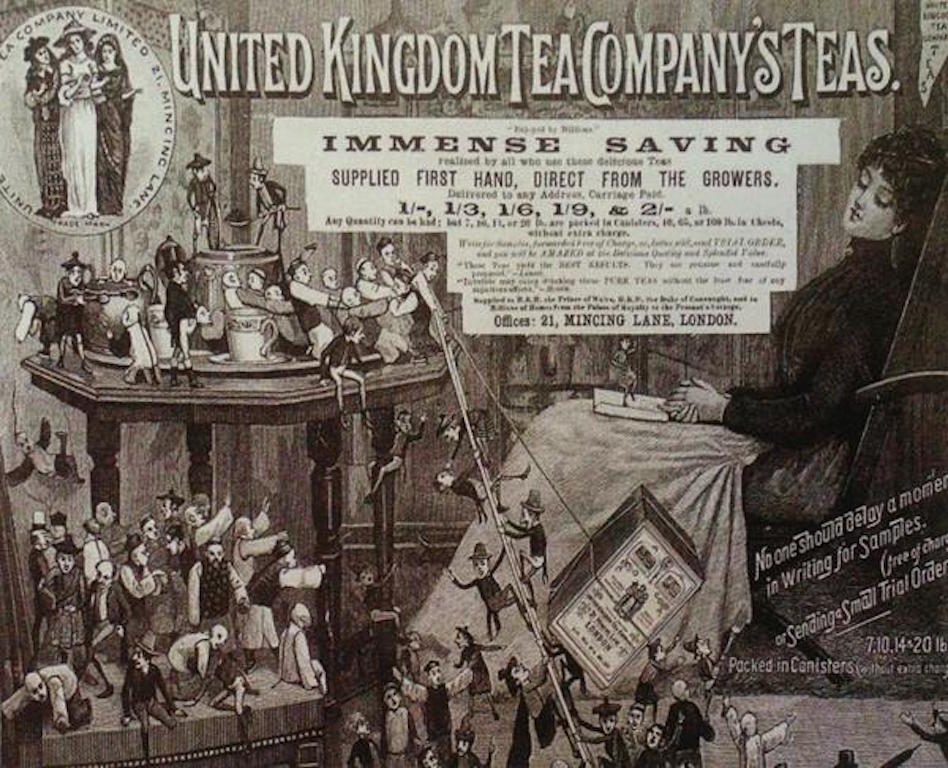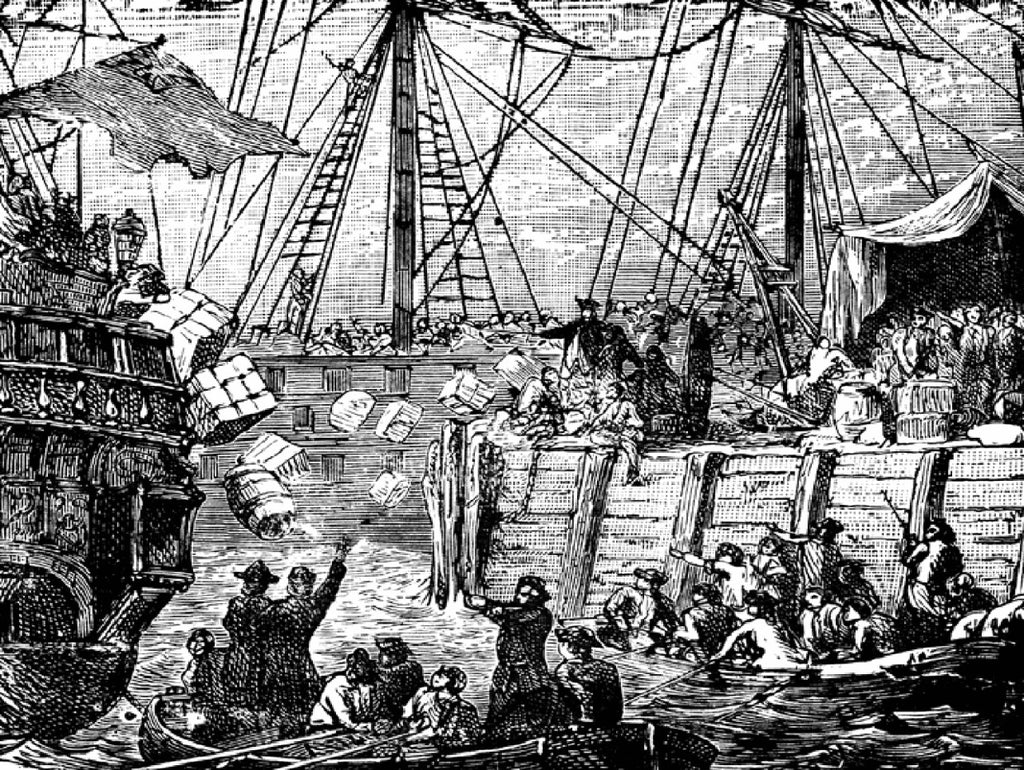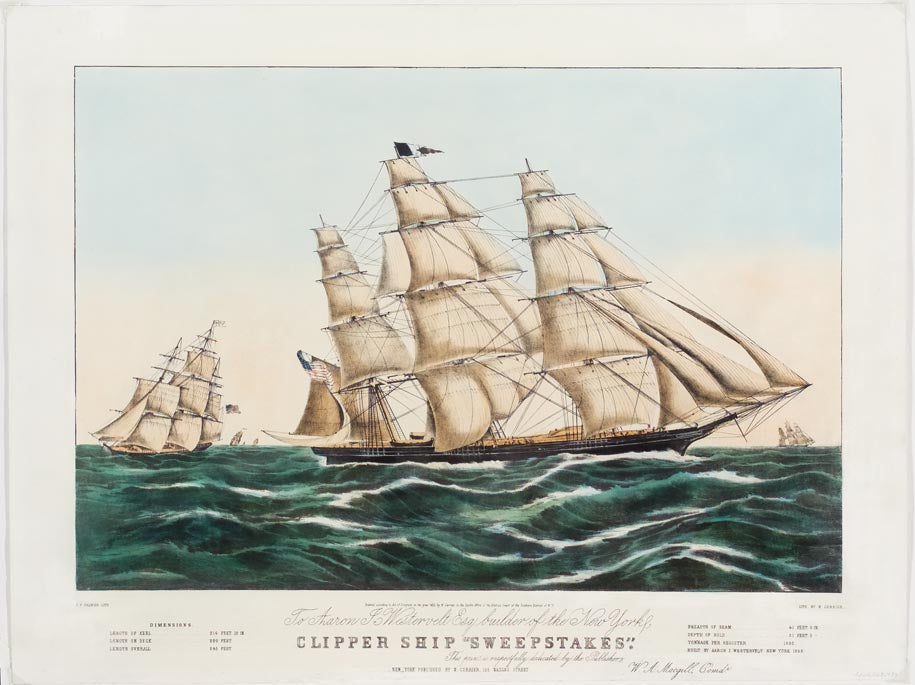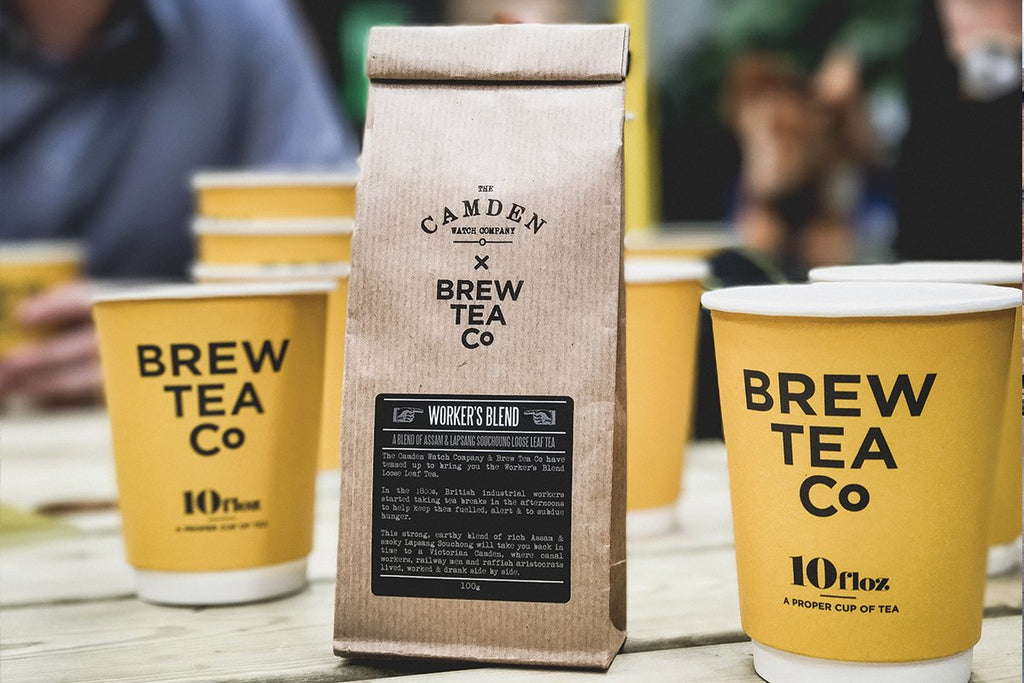March 13, 2018
The British are known for their love of tea, but believe it or not Britain was actually a latecomer to the tea trade and was involved in numerous cases of restrictions and smuggling.
Allow us to take you through a brief history of British tea…

Tea originated in China during the 3rd millennium BC and was first imported in 1515 by the Portuguese and the Dutch. Finally, by the 17th century, tea arrived on British shores.
It was the marriage of Charles II to the Portuguese princess and tea addict Catherine of Braganza that marked the beginning of the history of tea in Britain. It was also she who introduced the beverage to Court and turned it into a fashionable drink among the wealthy.
However, tea was introduced to the wider English public by coffee houses in London and popularised by a coffee merchant called Thomas Garway. As a matter of fact, it is in 1657 that the trader sold his first cup of tea and by 1660 he advertised it as a revolutionary beverage that would make the drinker’s body more active and healthier. By 1664, Britain placed its first tea order to China and The East India Company began to importing to Britain.
Tea was seen as a delicious and mysterious beverage which attracted and intrigued the public. Indeed, before becoming the working class's favourite drink, preferring it over ale and beer, it went through a quite tumultuous path involving restrictions and smuggling…

Quickly after the emergence of tea in Britain, Charles II tried to stop its popularity with several laws forbidding its trade. As this obviously didn’t work, the government tried a different approach and took advantage of the public’s enthusiasm over the new beverage by taxing it and requiring a specific licence to anyone wanting to sell it.
As mentioned before, tea became the working class's preferred drink, which seriously harmed the sales of tavern owners, and as consequence harmed the government’s income that mostly depended on taxes from alcohol sales. As a result, by 1750, tea was taxed at 119% making it so expensive that it led to actual tea smuggling and adulteration.
Indeed, local fishermen would meet Scandinavian ships offshore, smuggle the tea through hidden tunnels to secret places where they would adulterate it with substances like sloe leaves. It is fair to say that this marks the time when the Brits became truly addicted to tea .
However in 1784, thanks to William Pitt the Younger, the tax on tea dropped to 12.5% which closed the back door industry of the tea trade and by the 18th century it opened the doors to the creation of whole new industries.
With the re-emergence of tea in Britain came new industries such as tea gardens and shops, innovations such as Tea Clippers and customs that are now deeply anchored in the British heritage.

For example, the British custom of afternoon tea originated in the early 19th century by the 7th Duchess of Bedford. She would invite her friends in the late afternoon for tea and high-end snacks. This fashion quickly reached the working class, who evolved the custom into high tea, their main meal of the day. Tea is what kept those Victorian industrial workers fuelled and energised.
Today, who knows a Brit that would survive the afternoon without a hot cuppa?
Taking of tea, have you have a chance to try our rich and smoky Worker’s Blend Loose Leaf Tea which we make in collaboration with the great British Brew Tea Co.? If not simply click here to order your fresh batch of worker’s blend or to know more about our collaboration click here.

May 27, 2021
Back in late 2016, we launched what our first ever Limited Edition watch. Based on Tom Sayers, a champion bare-knuckle boxer from Camden, it was a steel No.88 with a black dial limited to 200 pieces, and we loved it.
Produced in four batches of 50, each batch sold out fast, and ever since we have received emails and messages asking us if by any chance we've held any back (we haven't), or even if it was possible buy our very own edition (it isn't).
March 19, 2020
December 05, 2019
Sign Up To Our Newsletter
Behind-the-scenes content and design inspiration from the founders of The Camden Watch Company.
From Camden with love.
